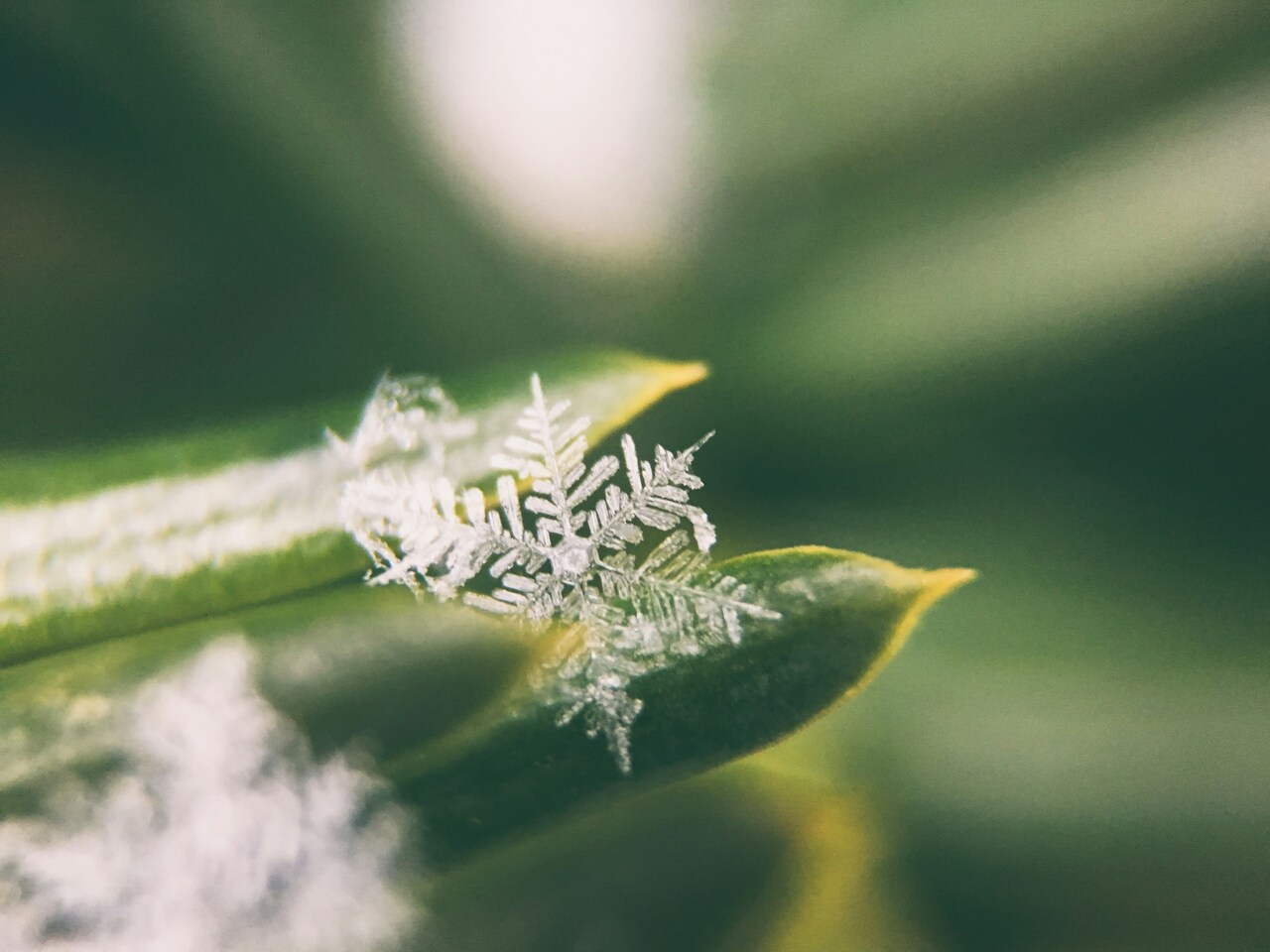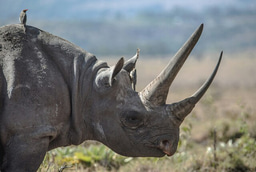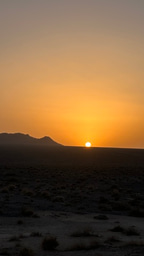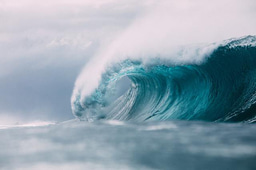Improving Arctic food security through DNA science and respectful collaboration with Indigenous Peoples

Hi everyone,
I’d like to share my article that was recently published in The Conversation Canada: "Improving Arctic food security through DNA science and respectful collaboration with Indigenous Peoples."
The piece highlights how genomic research, when done collaboratively and ethically, can contribute to food security and wildlife conservation in the Arctic. It’s based on our work with the Arctic Genomics Project and reflects both scientific insight and the vital role of Indigenous knowledge and leadership.
We believe that respectful partnerships and place-based approaches are essential for long-term conservation success, especially in rapidly changing northern environments.
Would love to hear your thoughts or similar experiences if you’ve worked in community-driven or genomics-informed conservation!




Please sign in or register for FREE
If you are a registered user on WildHub, please sign in
Thanks for sharing, Shivangi!
It's my pleasure, thanks 😊
Hi Shivangi, thanks so. much for sharing this article. Would you mind if I ask you some follow up questions that I think could be valuable in the context of our professional WildHub Conservation Community?
I would love to get your insights on the following:
What have you found to be the most effective strategies for building trust with Indigenous communities in a research setting?
How do you ensure that traditional knowledge shared in workshops is appropriately credited and protected from misuse?
What mechanisms do you use to support true co-authorship and decision-making power among Indigenous participants?
Could your community-based workshop model be adapted for other regions or species outside the Arctic? If so, how?
How do you manage potential conflicts or disagreements between scientific interpretations and traditional ecological knowledge?
Congrats on this important article and thank you for your time and effort in sharing even more of your insights with us!
Hello Thirza,
Thank you so much for your kind words and for engaging so deeply with my article. I appreciate your thoughtful questions. These are incredibly important issues, and I’m glad to have the opportunity to reflect on them, especially within a professional community like WildHub.
What have you found to be the most effective strategies for building trust with Indigenous communities in a research setting?
The article emphasizes our respectful collaboration and relationship-building over time. Long-term trust was fostered by:
How do you ensure that traditional knowledge shared in workshops is appropriately credited and protected from misuse?
We are committed to:
What mechanisms do you use to support true co-authorship and decision-making power among Indigenous participants?
We believe in collaborative research, and we made sure that we:
Could your community-based workshop model be adapted for other regions or species outside the Arctic? If so, how?
Absolutely. The workshop model is highly adaptable because it is based on core principles:
Other regions facing biodiversity or food security challenges, such as tropical rainforests, coastal fisheries, or savannah ecosystems, could use a similar model by:
How do you manage potential conflicts or disagreements between scientific interpretations and traditional ecological knowledge?
We believe in the philosophy of knowledge complementarity rather than competition. When scientific findings and traditional knowledge differ:
Our work highlights how science can support and not override Indigenous stewardship, especially in complex, climate-impacted ecosystems. My approach offers a model of ethical, inclusive, and actionable conservation research.
Thank you again for your questions and for promoting this kind of meaningful exchange. I’m always happy to continue the conversation and learn from others’ experiences as well!!
Kind regards,
Shivangi